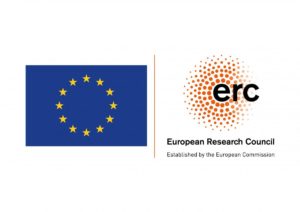“ELHO: The Age of Hostility”: An ERC-funded project on electoral hostility around the world

“ELHO – The Age of Hostility” is an ambitious, and innovative cross-methodological investigation into the rising phenomenon of electoral hostility around the democratic world. Why do so many people hold negative feelings towards those they believe vote differently from them? What are the psychological phases of hostility – from misunderstanding and frustration to contempt and hatred? What is the cycle of hostility when does it crystallise and deteriorate? And how can it be worsened or improved by legal, electoral, and political organisation and behaviour?
‘I hate Brexiteers, they betrayed my future’. Those words of an 18 year old on Brexit Referendum Night represent a growing and worrying phenomenon: electoral hostility. Electoral disagreements have long been seen as results of social divisions, but recent research shows that they have become a basis of antagonism in their own right in the US. Two comparative pilots I ran also found electoral hostility widespread in recent French and British elections but rare in South Africa and Australia. In the UK Brexit Referendum, 51% of citizens felt anger towards opposite voters and 46% disgust.
I define electoral hostility as negative feelings (frustration, anger, contempt, disgust) held towards individuals or groups as a result of their effective or perceived electoral preferences. It may occur in the campaign, post-election, and reinforce into self-perpetuating cycles of hostility as it is structured as a Mokken scale which can become ‘stages’ of hostility. While scepticism of political elites is well-studied, hostility towards fellow voters takes electoral negativity to a new level. Electoral hostility may have far reaching consequences, leading citizens to resent one another due to electoral stances and drift apart in increasingly divided societies, but also to the delegitimization of electoral outcomes and negative attitudes towards solidarity.
ELHO will answer the following research question: What are the causes and consequences of electoral hostility at individual, group, and aggregate levels and how does it develop over time? The project’s innovative methods combine a 27 country multi-level panel survey, visual, physiological and field experiments, election diaries, family focus groups, a scoping survey of Election Management Bodies, and campaign and atmosphere coding. The project will also explore possible mitigation in ambitious partnership with psychiatrists, ergonomists, lawyers, EMBs and IGOs creating a new Electoral Psychology Observatory.